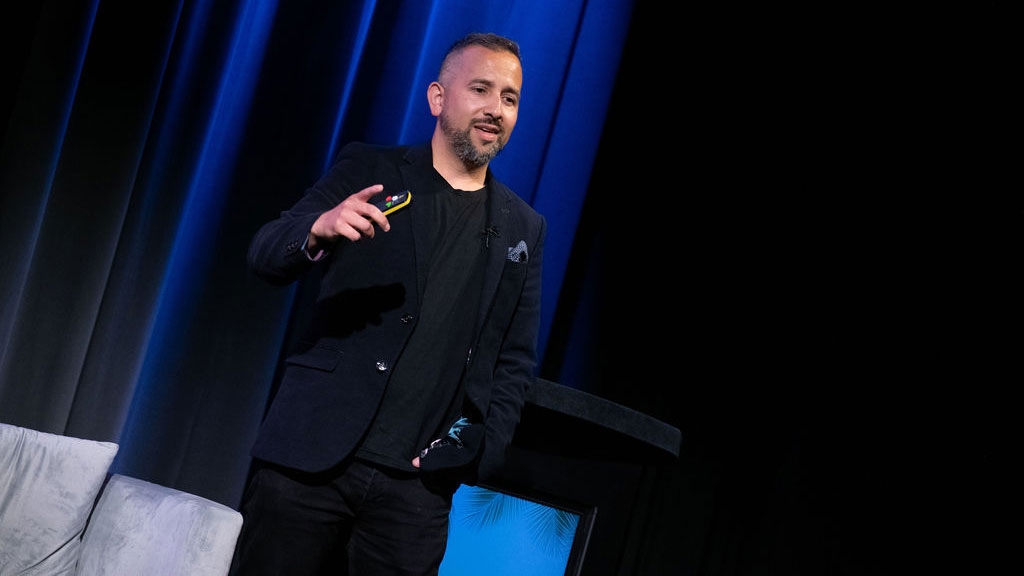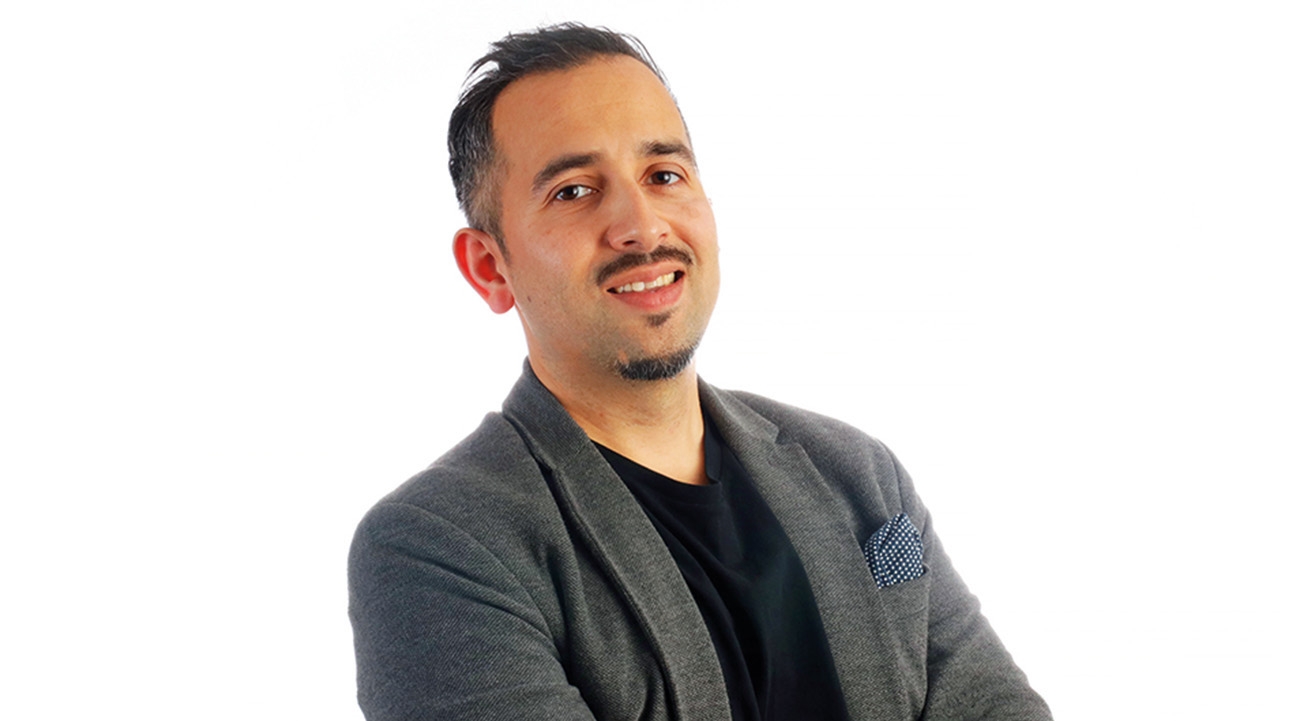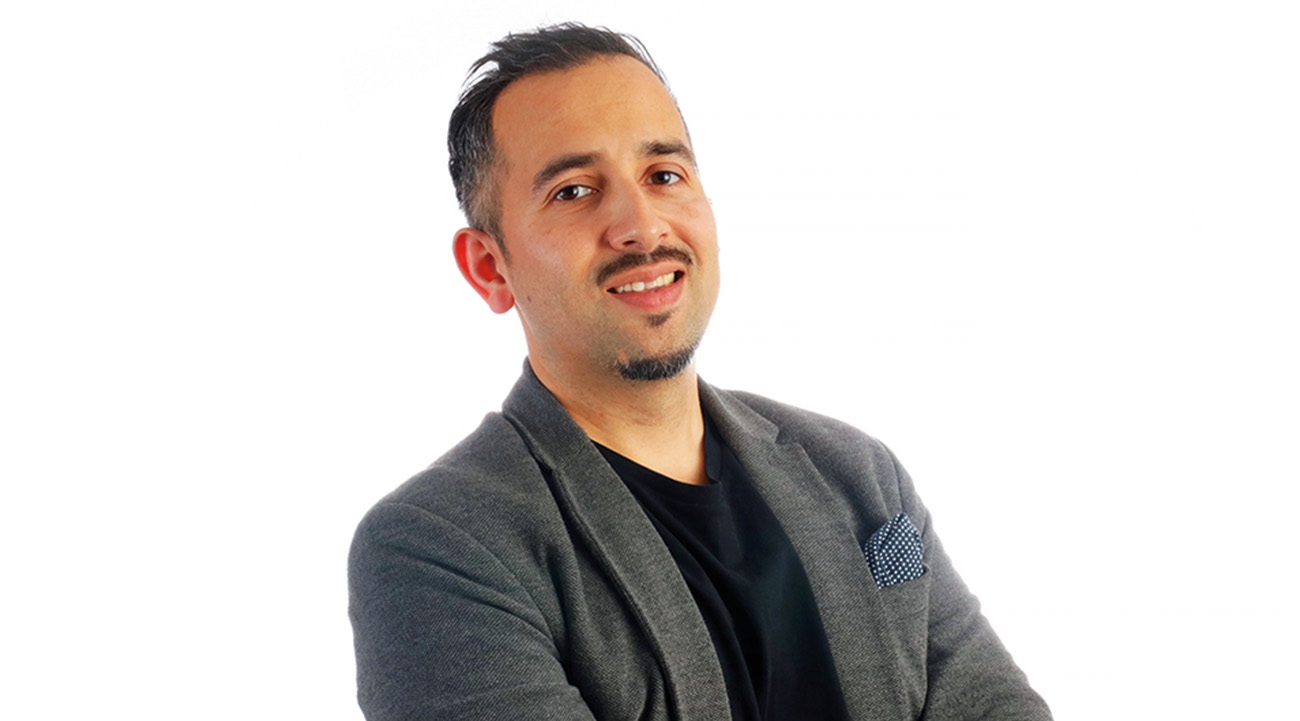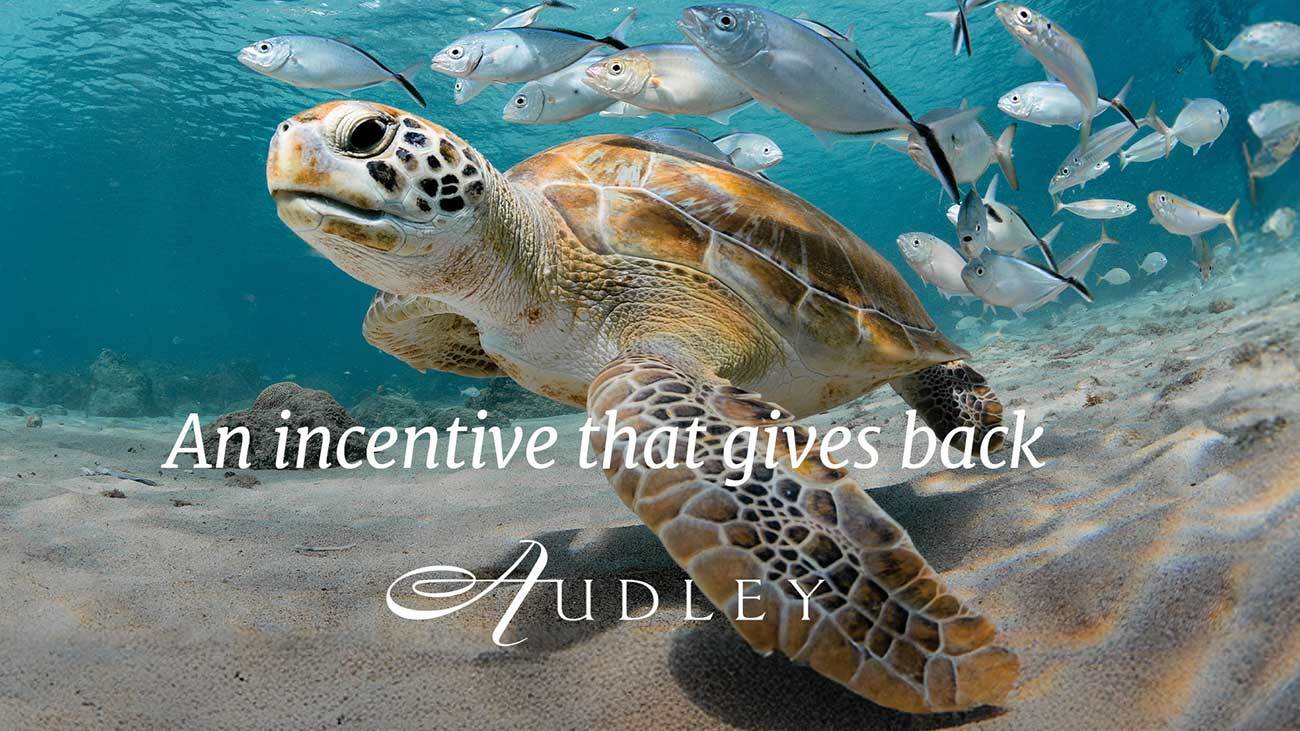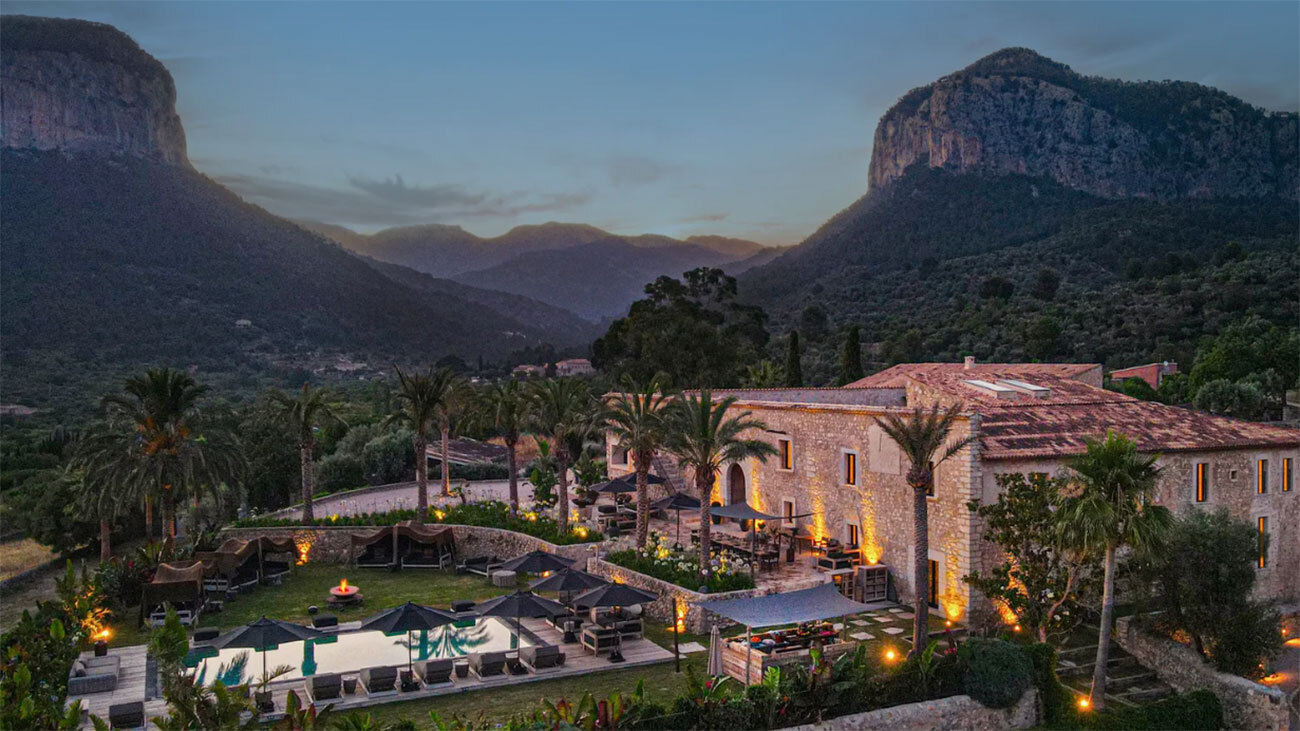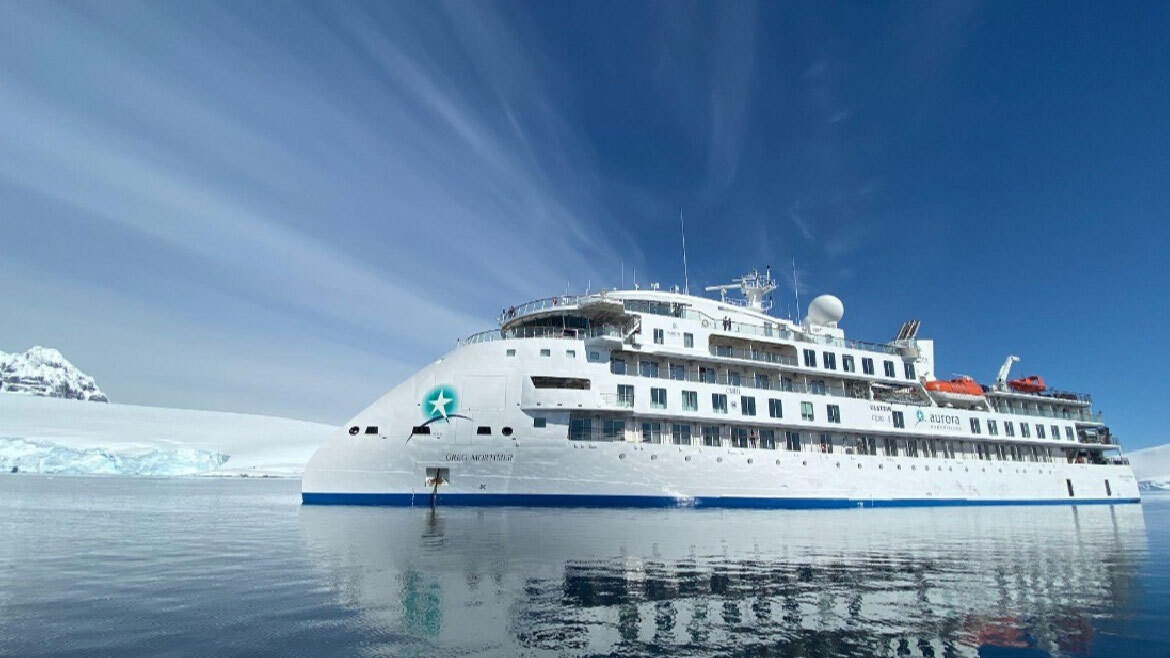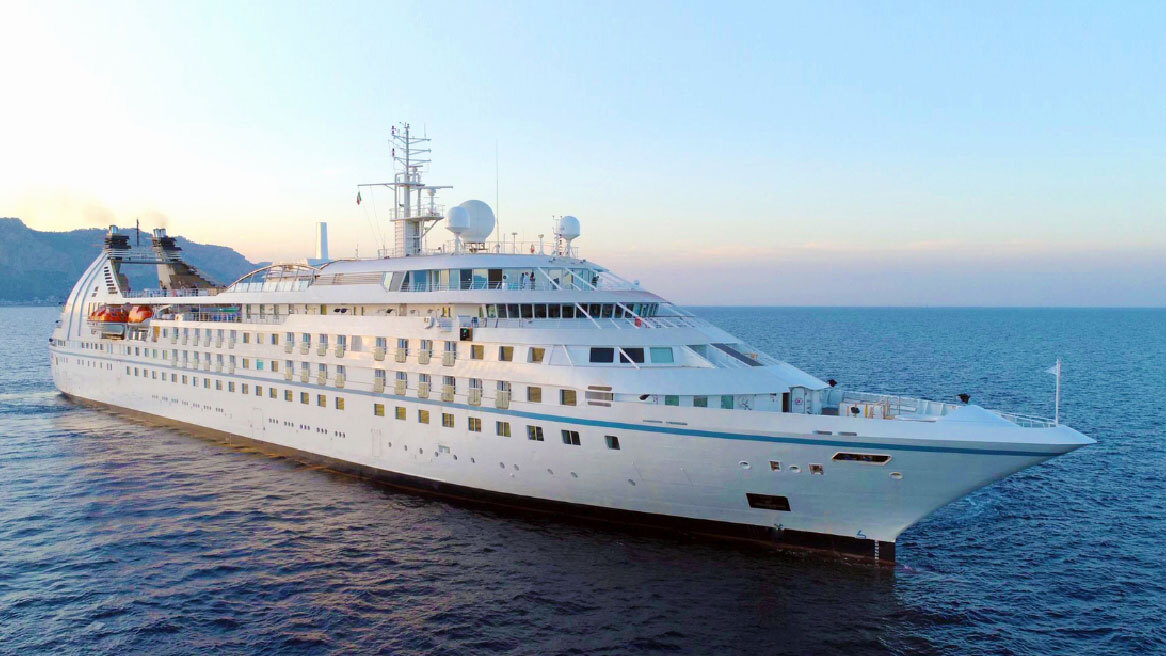Brands urged be 'distinctive' amid rise in desire for luxury trips
A marketing agency has encouraged high-end travel brands to be “distinctive” in their advertising amid an 80% growth in consumer desire for luxury trips.
Jasman Ahmad, strategy director at Accord Marketing, cited research from Mintel which found that 18% of travellers were seeking a luxury holiday in 2021 versus 10% pre-pandemic.
Ahmad said affluent consumers “insulated” against the cost-of-living crisis were contributing to holiday bookings growing month-on-month, with figures now almost meeting 2019 levels.
Web visits to luxury travel websites have also increased, according to the firm, with 1.93 million web visits in 2022 compared to 1.2 million in 2020.
Speaking at Aspire’s Leaders of Luxury conference, Ahmad said: “Covid has made many of us desire a ‘treat’ with birthdays, anniversaries and weddings all now reasons people look to travel and ‘go big’.
“People have ring-fenced the holiday in the current cost-of-living crisis as a necessity, not necessarily a luxury. If you compare what type of holiday people went on before the pandemic versus what they want to go on now, it's a luxury holiday.”
However, Ahmad warned that there would be “repercussions” of a larger luxury market, with the sector becoming “diluted” as more consumers enter it.
He said: “[You think] 'brilliant, more people in the market, more people for us to convert.' Actually, this is where the problem starts to grow. And the problem is around definition and what luxury actually means.”
Ahmad said Accord Marketing had seen the word premium become increasingly more associated with the word luxury alongside historical terms such as five-star, boutique, first-class and expensive.
He said the notion of premium was “changing the perception of what luxury means” and said consumers and brands must “understand the differences between [the two]”.
Ahmad cited price, quality, positioning and features as the key separations between premium and luxury brands and called on companies to “know where they stand”.
“Is your position to customers based on product and service quality or the heritage and status of being part of your brand?” he said.
“Try and be distinctive, not different. Know how your people search. What are you anchoring your narrative against? With all these premium brands coming in and trying to flood the market, they're diluting what luxury means. What do you stand for, what are the terms you can align yourself with?”
